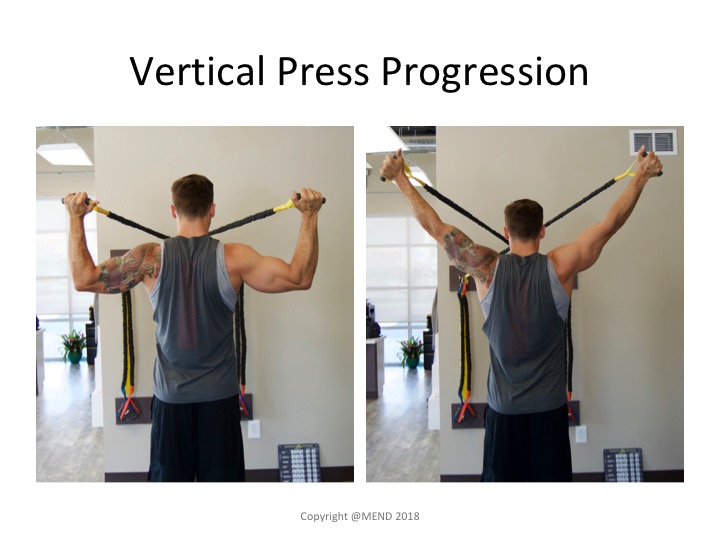Rotator cuff injuries span the spectrum from acute strains to chronic tendon pain (tendinopathy) and rotator cuff tears. Physical Therapy remains the gold standard, first line treatment for all rotator cuff injuries due to its’ cost and clinical effectiveness treating these disorders. A Physical Therapy first strategy has been reinforced by recent research demonstrating equivalent outcomes between surgery and Physical Therapy for patients with rotator cuff tears. Strength training exercises remain the most important intervention for patients due to their ability to reduce pain, heal injured tissues, and restore lost function. A recent study examined the effectiveness of adding trigger point treatments to an established Physical Therapy exercise program.
Akbaba and colleagues randomized patients with rotator cuff tears to one of two groups (J Back Musculoskelet Rehabil. 2019). Both groups received the same Physical Therapy strengthening program completed twice a week for 6 weeks, but one group also received manual soft tissue treatment of their shoulder’s trigger points. Authors assessed each patient’s pain, range of motion, function, and mental health outcomes initially and upon completion of the 6 weeks. Both groups improved pain, range of motion, function, and mental health but the addition of trigger point treatments did not improve clinical outcomes in patients with rotator cuff tears. This study highlights exercise remains the most important treatment in patients with rotator cuff injury and soft tissue interventions add little to the overall recovery of patients.
Click Here to learn more about how Physical Therapy can improve your shoulder symptoms

